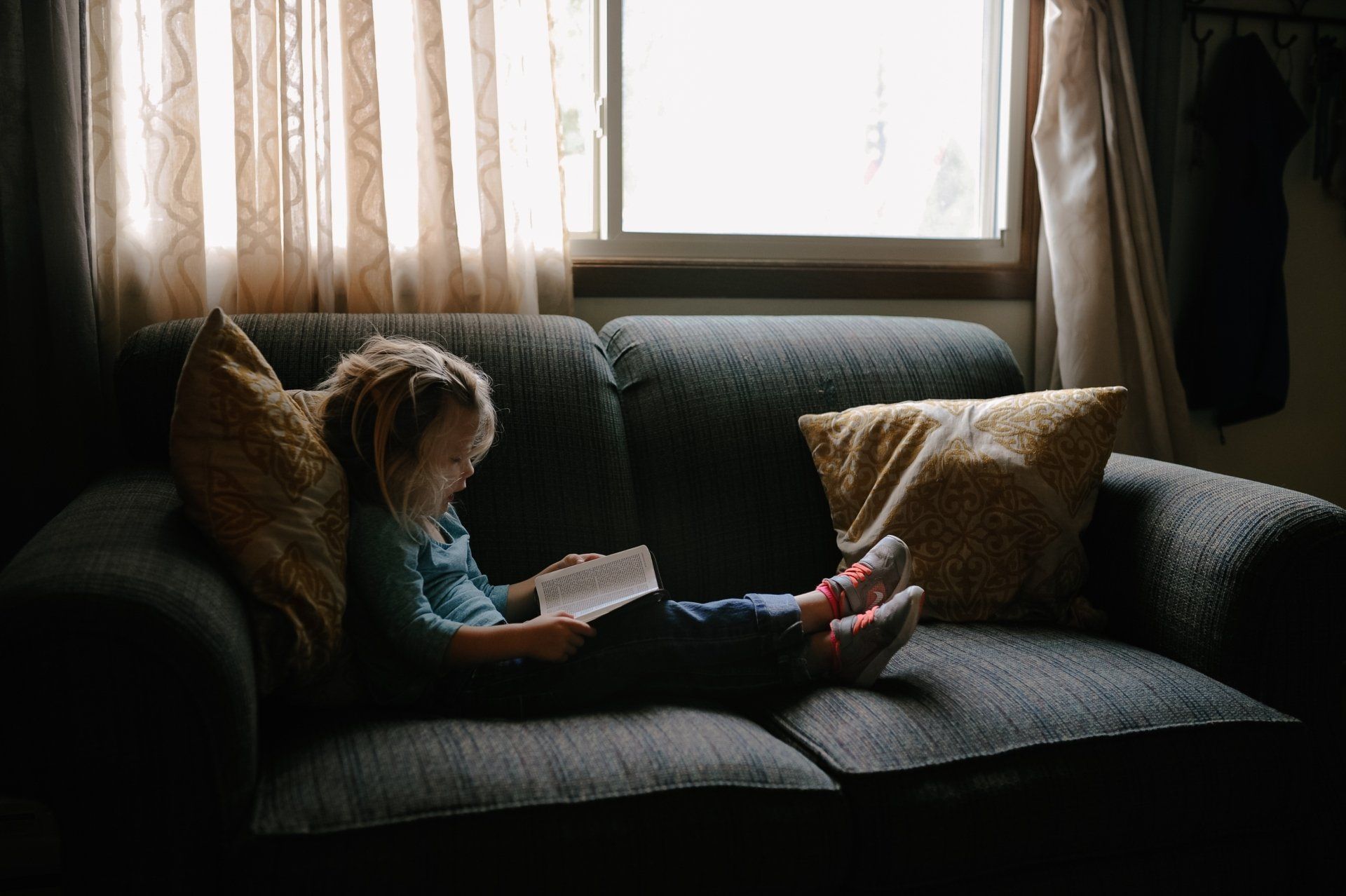Child Custody FAQ

Child custody is one of the most challenging and emotional areas of the law. Our family law attorneys, Andrew J. Wingo and Stephanie M. Killian, are here to guide you through this difficult time. Below are some of the most common questions posed by custody clients.
When can my child decide where he/she wants to live?
- Not until the child turns 18.
Can my child talk to the judge?
- Children are permitted to testify, but it is generally discouraged unless the child has witnessed or been victim to an abusive or neglectful environment. We can discuss your specific concerns and determine whether it would be appropriate in your case.
Can I move out of state with my child?
- If you want to relocate it's best to first address the issue with the other parent. If parents are in agreement, you can enter into a consent order that addresses the move. If parents are not in agreement a trial will be necessary and the parent requesting the move will need to prove that relocation is in the child's best interests. If a parent moves with the child without having an order in place that addresses the move, the other parent may be able to obtain emergency custody and prevent the move pending a hearing.
What is the difference between legal and physical custody?
- Physical custody refers to the parent the child physically resides with on any given day. Legal custody is the day-to-day decision-making authority.
Do we have to attend mediation?
- Prior to having a permanent custody trial parties are required to attend custody mediation. That requirement may be waived in a few circumstances, such as when one party lives more than 50 miles from the courthouse, or in cases involving a history of domestic violence. Mediation is not necessary if parties are able to reach an agreement themselves or through attorney negotiations.
Can my custody order be modified?
- Orders are modifiable until the child turns 18 if you can show that a substantial change of circumstances has occurred since the entry of the most recent custody order, and that the change impacts the best interests of the child.

